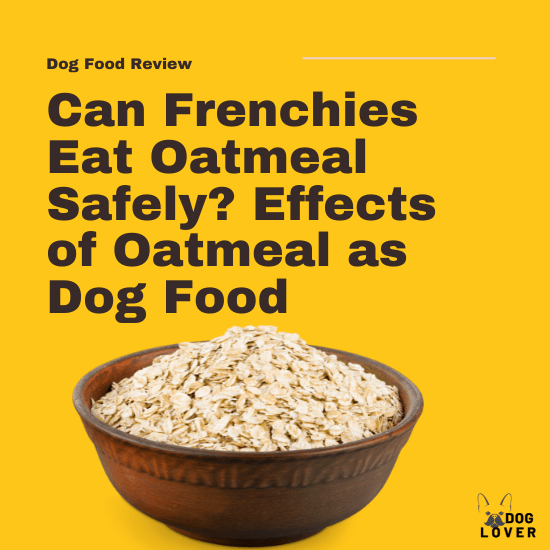Can dogs eat chia seeds?
Chia seeds have become a popular superfood for humans, but what about our furry friends? If you’re wondering whether sharing these nutritional powerhouses with your dog is safe, you’ve come to the right place.
Let’s explore everything you need to know about feeding chia seeds to your canine companion.
What Are Chia Seeds?
Chia seeds are tiny black or white seeds that pack a powerful nutritional punch.
They have been consumed for centuries and are known for their impressive nutritional profile, which includes fiber, protein, omega-3 fatty acids, and various vitamins and minerals.
Can Dogs Eat Chia Seeds?
Yes, dogs can safely eat chia seeds when they are properly prepared and given in appropriate amounts. In fact, chia seeds can provide several health benefits for your dog when incorporated correctly into their diet.
Health Benefits of Chia Seeds for Dogs
Rich in Essential Nutrients
Chia seeds contain an impressive array of nutrients that can benefit your dog’s health:
- More calcium than whole milk
- More iron than raw spinach
- More magnesium than broccoli
- Rich in phosphorus, potassium, zinc, and copper
Omega-3 Fatty Acids
The omega-3 fatty acids in chia seeds support:
- Heart health
- Brain function and development
- Vision health
- Skin and coat health (keeping your dog’s skin moisturized and coat shiny)
- Reduced inflammation
Digestive Health
The high fiber content in chia seeds helps:
- Aid digestion
- Alleviate constipation by forming softer stools
- Promote regular bowel movements
- Support gut health
Weight Management
Chia seeds can absorb up to 10-12 times their weight in water, which:
- Helps dogs feel full longer
- Can assist with weight management
- Supports hydration
Blood Sugar Regulation
Chia seeds can help diabetic dogs by:
- Stabilizing blood sugar levels
- Supporting insulin function
- Slowing down the absorption of sugar into the bloodstream
Other Benefits
- Antioxidant properties that combat free radicals
- Joint health support through calcium and phosphorus
- Immune system boost through vitamins and minerals
- Manganese for bone health and reduced inflammation
Potential Hazards
While chia seeds offer many benefits, there are some risks to be aware of:
Allergic Reactions
Some dogs may be allergic to chia seeds. Watch for symptoms like:
- Excessive scratching
- Diarrhea
- Vomiting
- Skin rashes
- Eyelid inflammation
Digestive Issues
The high fiber content can cause:
- Gas
- Bloating
- Loose stools if too many seeds are consumed
Intestinal Blockage
Dry chia seeds absorb significant amounts of water, which could potentially cause:
- Excess water absorption in the intestines
- Partial or complete blockage if not properly prepared
How to Safely Feed Chia Seeds to Your Dog
Consult Your Veterinarian
Always talk to your vet before introducing any new food to your dog’s diet, especially if your dog has existing health conditions.
Choose Organic Chia Seeds
Select high-quality organic chia seeds without additives, artificial sweeteners, pesticides, or chemicals.
Soak Before Serving
This step is crucial! Always soak chia seeds before giving them to your dog:
- Use a ratio of 1 part chia seeds to 10 parts water
- Soak for at least 30 minutes (some sources recommend overnight)
- Wait until they form a gel-like consistency
- This prevents choking hazards and intestinal blockages
Proper Portioning
Follow these guidelines for appropriate serving sizes:
- General rule: ¼ teaspoon per 10 pounds of body weight
- Small dogs: About ¼ teaspoon daily
- Large dogs: Up to 1 teaspoon daily
- Never exceed 10% of your dog’s daily food intake
Gradual Introduction
Start with small amounts and gradually increase to the recommended portion while monitoring your dog for any adverse reactions.
Incorporate Into Meals
Mix the soaked chia seed gel into your dog’s regular food. Chia seeds have no taste or smell, making them easy to add without detection by picky eaters.
When to Avoid Chia Seeds
You should not give chia seeds to your dog if they:
- Have a known allergy to chia or similar seeds
- Are taking medications that might interact with chia seeds (consult your vet)
- Have certain digestive conditions that might be aggravated by additional fiber
Final Thoughts
Chia seeds can be a nutritious addition to your dog’s diet when prepared and portioned correctly. Their impressive nutritional profile offers multiple health benefits from digestive support to coat health and beyond.
Remember the key safety precautions: consult your vet, soak the seeds before serving, start with small amounts, and monitor your dog for any adverse reactions. With proper preparation and moderation, chia seeds can be a superfood for your furry friend too!
Has your dog tried chia seeds? Share your experience in the comments below!


